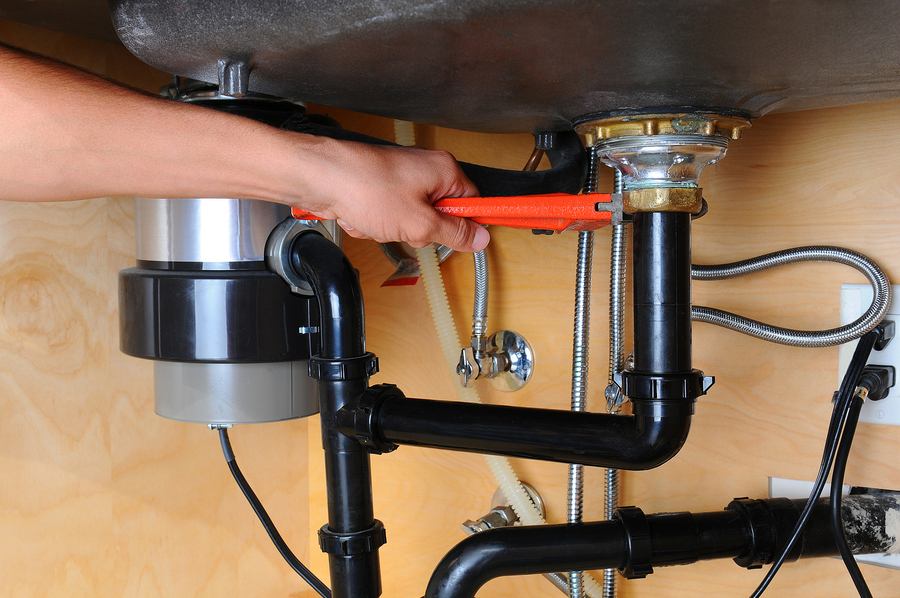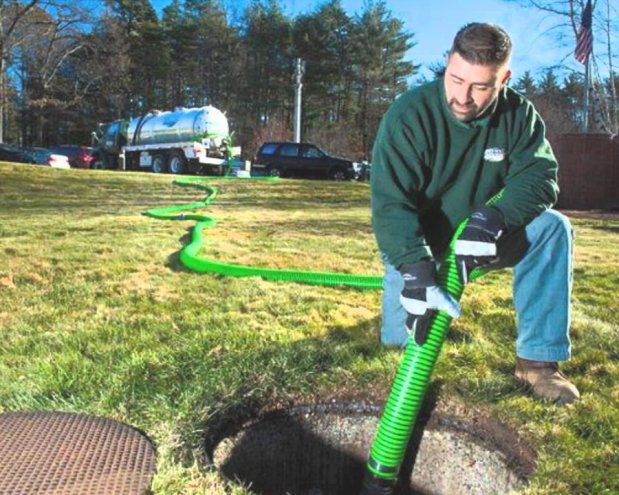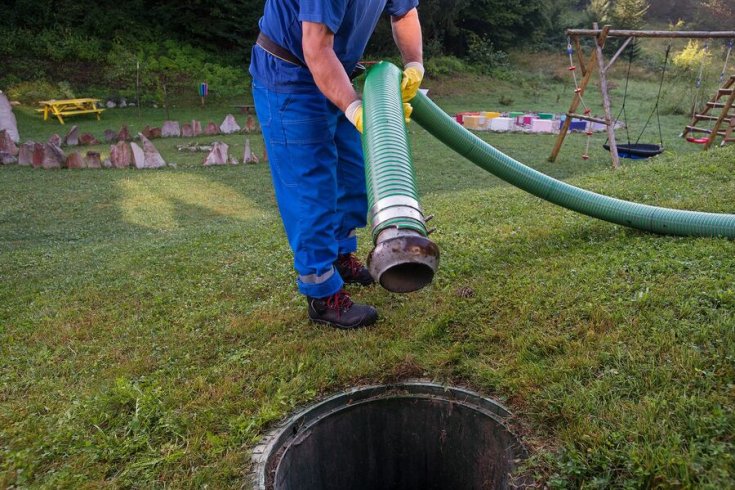
18
The convenience of a garbage disposal in the kitchen is undeniable, but for homeowners relying on a septic system, concerns often arise about its compatibility. Many wonder whether using a garbage disposal can negatively impact the delicate balance within a septic tank.
A septic system is a self-contained wastewater treatment system that relies on natural processes to break down and treat household sewage. The system includes a septic tank, where solid waste settles, and a drain field, where liquid waste is absorbed into the soil. Maintaining a healthy balance of bacteria within the tank is crucial for its proper functioning.
Garbage disposals are designed to shred food waste into smaller particles, allowing it to pass through the plumbing system easily. While this may seem harmless, introducing a significant amount of organic material into the septic system can disrupt its natural balance. The additional load on the system may require more frequent septic tank pumping and increase the risk of clogs and malfunctions.
One way to mitigate the impact of using a garbage disposal with a septic system is to prioritize regular septic tank pumping. Pumping removes accumulated solids, preventing them from reaching the drain field. Homeowners with garbage disposals should consider more frequent pumping, typically every 2 to 3 years, to maintain a healthy balance in the septic tank.
Not all garbage disposals are created equal, and some models are specifically designed for septic systems. Look for disposals that feature a septic system-friendly label or those equipped with a bio-charge injection system. These advanced disposals introduce beneficial bacteria into the septic system, promoting the natural breakdown of waste and helping to maintain a healthy bacterial balance.
Engaging the services of a professional septic company is essential for homeowners with a septic system, especially when using a garbage disposal. These experts can assess the impact of the disposal on the system, conduct septic tank repairs when needed, perform septic tank installation, and provide necessary maintenance. A septic company can also offer guidance on the proper use of garbage disposals and recommend adjustments to prevent potential issues. Contact Charlotte Septic Pros for any septic issues that may occur.
To ensure the safe use of a garbage disposal with a septic system, homeowners should adopt best practices. Avoid disposing of grease, oils, and non-organic materials down the drain, as these can contribute to clogs and hinder the natural processes within the septic tank. Additionally, spreading out the use of the garbage disposal over time rather than overwhelming the system with large amounts of waste at once can help maintain a more balanced environment.
Using a garbage disposal with a septic system can be safe if approached with caution and an awareness of the potential impact on the system's functionality. Regular septic tank pumping, choosing a septic-friendly disposal, seeking professional help from Charlotte Septic Pros, and adopting preventive measures are crucial for maintaining a harmonious balance within the septic system. With proper care and attention, homeowners can enjoy the convenience of a garbage disposal without compromising the effectiveness of their septic system.

05
Are Slow Drains a Septic Issue or Just a Clog? Slow drains are one of those household problems that start…
Read more
02
What Septic Service Techs See That Homeowners Miss Most homeowners only think about their septic system when something goes wrong.…
Read more
21
Simple Habits That Protect Your Septic System A well-functioning septic system does its job quietly, but the moment something goes…
Read more
14
Pump Now or Pay Later: The Real Cost of Skipping Maintenance A properly functioning septic system is easy to forget…
Read more
11
Why Your Septic System Always Acts Up at the Worst Time Homeowners often feel that septic problems strike at the…
Read more
04
Early Warning Signs Your Septic Tank Needs Pumping For homeowners who rely on a septic system, routine maintenance is not…
Read more
29
Why Does My Septic System Smell Fine One Day and Terrible the Next? If you own a home with a…
Read more
19
Is Your Septic System Overdue? Simple Home Checks You Can Do Today For many homeowners, the septic system is a…
Read more
13
5 Signs Your Septic Tank Is Overdue for Pumping Your septic system works quietly behind the scenes, managing wastewater from…
Read more
07
Do Septic Additives Really Work? Septic additives are everywhere. You’ll see them at hardware stores, advertised online, and often recommended…
Read more